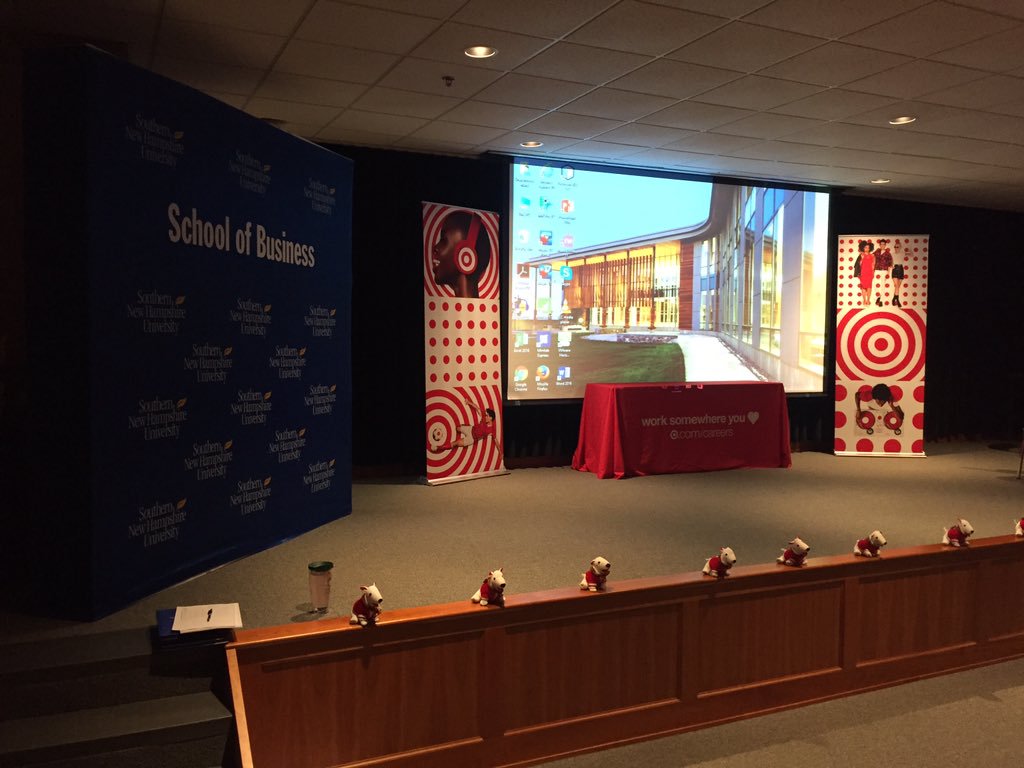Target Case Study

During April of 2017, my SB-105: Integration and Application of Business II class was tasked with consulting for Target on how they could increase sales in their grocery department. As a result, we first had to do a S.W.O.T. analysis on Target to find out what their strengths, weaknesses, opportunities, and threats were when it came to their grocery department. Intern, we came to the decision that their strengths were their wide variety of products and their nationwide presence, their weaknesses were their inventory turnover ratio and prices, their opportunities were the expanding retail market and their Carthweel App, and their threats were Amazon's online shopping and their third party sourcing. Ultimately, given that information, our group came up with the following three suggestions for the Target Corporation to implement in order to increase sales in their grocery department:
- A recipe feature for their Cartwheel App in which users can search through five categories of recipes in order to find the necessary group of ingredients to make the right meal for them!
- A non-perishable pickup area in which customers can order non-perishables via the Cartwheel App and have them waiting for them and loaded into their cars when they arrive at the store within the two hour pickup window.
- An interactive couponing idea in which customers can take a picture of the designated in-store item and share this picture via the Cartwheel App to receive a $5 gift card from Target, and hopefully draw them into the grocery department!
Our rational behind the first suggestion was that it would play into the fact that alot of customers want to be introduced to new things while also maintaining control over their shopping experience. We thought this suggestion could do both as well as increase traffic to the grocery department. On the other hand, our rationale behind the second suggestion was that adults with kids aged 6-11 would find it convenient, it would take advantage of Target's locational advantage, and there is limited competition in the field. Lastly, our rational behind the third suggestion was that it would attract millennials to the store, make use of Target's private labels and customer service, and there is no competition in the field. Ultimately, our group ended up getting second in the competition, however, we gained the following valuable transferable skills from the experience.
- How to work in a team environment and deal with interpersonal strengths and weaknesses
- How to meet deadlines on time and exceed project requirements
- How to work with clients and take advantage of their strengths while also mitigating their weaknesses
- How to analyze a business and notice trends
- How to conduct research and present it in an understandable and effective way
- How to accept defeat and use it as a learning process / strengthening tool moving forward